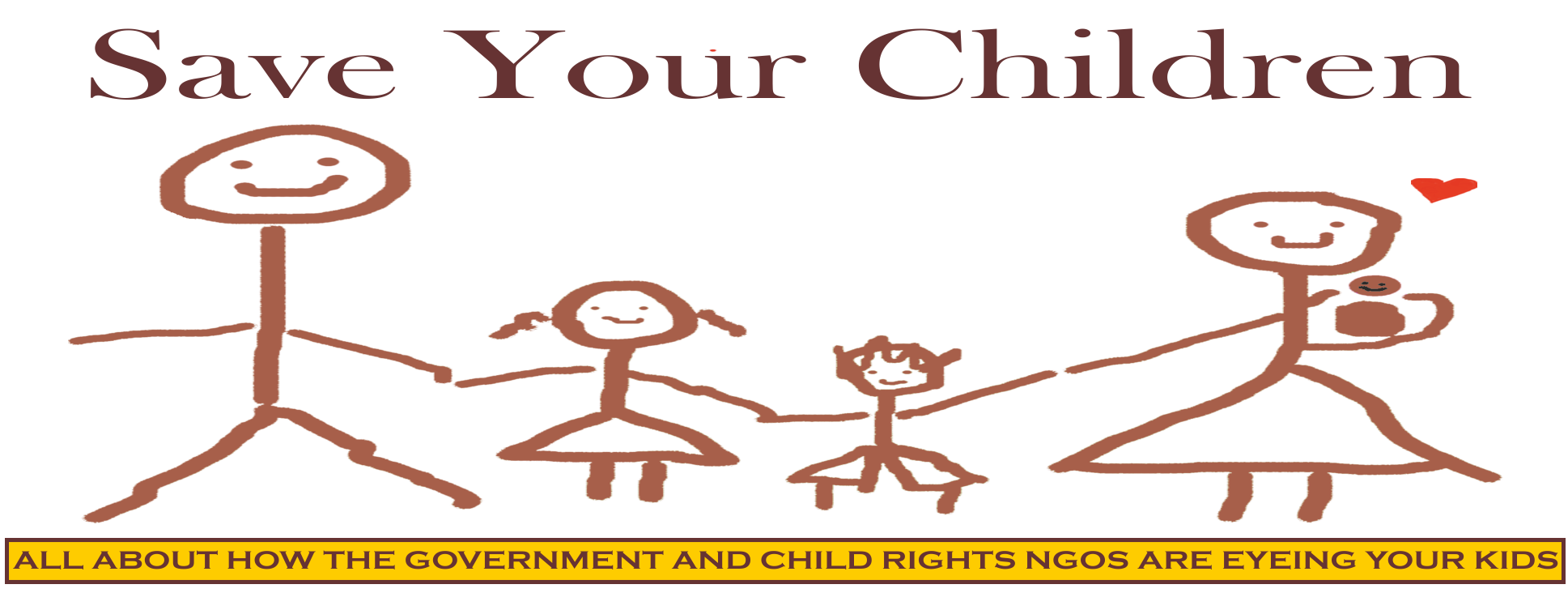In this gripping essay, Cristina Nicoli, an Australian of Romanian origin, traces Norway’s notorious child confiscation practices to historical instances of state-sponsored child removal. A grotesque picture emerges of brutal episodes of forced child removal over the last century all over the Western world, and its colonies, from Europe to Latin America to Australia, whether in the name of racial cleansing, or educating, ‘civilising’, integrating, or politically indoctrinating children.
Category: United Kingdom
EU Plays Soft Empire Games With Global Child Rights by Dr. Kaustav Bhattacharyya
Dr. Kaustav Bhattacharyya presents international “standards-setting” as a tactic by the European Union (EU) for exerting influence around the world. He argues that child welfare measures and best practices are an important tool in the EU’s exercise of “soft” empire. Dr. Bhattacharyya cautions that we in India should not blindly adopt the EU’s universalizing measures in child policy as research is showing that they have resulted in discrimination against immigrants, marginalized communities and ethnic minorities.
UNICEF Silent On Hollywood Celebrity Supporter Kevin Spacey Accused Of Sexual Misconduct On 14-Year-Old.
Not only has UNICEF not commented on allegations regarding Kevin Spacey, or any other Hollywood celebrity’s, predatory and manipulative sexual …
State Surveillance For Every Child In Scotland?
Scottish activist June Conway describes the controversy around a Scottish law, the “Named Person Scheme”, which appoints a state official to keep all children and their parents under state scrutiny and mandatory reporting from conception till majority. This scheme was developed under the Scottish government’s ‘Getting It Right For Every Child’ Policy (GIRFEC) which the Scottish government describes on its website as an approach to child policy that “has been built up” from the United Nations Convention on the Rights of the Child (UNCRC). It is interesting to see how the UNCRC was interpreted in Scotland to develop a plan to keep families under constant and all-pervasive state scrutiny, and how parents were the last to find out about it. Though the UNCRC pays lip service to a child’s rights to its family, not a single country has interpreted its provisions to develop schemes that would strengthen vulnerable families. In practice its implementation in country after country has meant the establishment of laws and agencies that police the family. Its provisions have been used to justify increasingly swift and permanent severance of a child’s ties with its natural family.
Gujarati-origin children taken for forced adoption in the UK, 2015
The tragic story of a Gujarati-origin family whose children were taken for forced adoption in the UK.
Eastern Child, Western Custody by Sumedha Sarvadaman, Sirf News, January 2015
This was a report about a Gujarati-origin family whose children were removed for forced adoption by British Social Services in 2015.
Sir James Munby: Caesarean mother case shows need for “radical change” in family courts, Claire Duffin, The Telegraph, December 2013
This was a case where a pregnant Italian woman with an alleged history of intermittent mental disorder, on a few week’s training course in Britain, was sectioned under their Mental Health Act, subjected to a court-ordered C-section and had British Social Services take over the baby’s custody the next day, and put it for forced adoption.
Are we taking too many children into care? The Guardian, November 2016
‘Why is this happening – and what can be done?” Includes some latest statistics.
Birth Parents and the Collateral Consequences of Court-ordered Child Removal: Towards a Comprehensive Framework by Karen Broadhurst and Claire Maison, 2017
A wide ranging study arguing for a more humane approach to parents by the care system in First World countries.
Lecture by Sir James Munby, President of the UK Family Courts, on the importance of fundamental, time-honoured principles of justice to be observed in the family court system
The full text of the lecture is here. It is published on the website of the Courts and Administrative Tribunals judiciary. …
